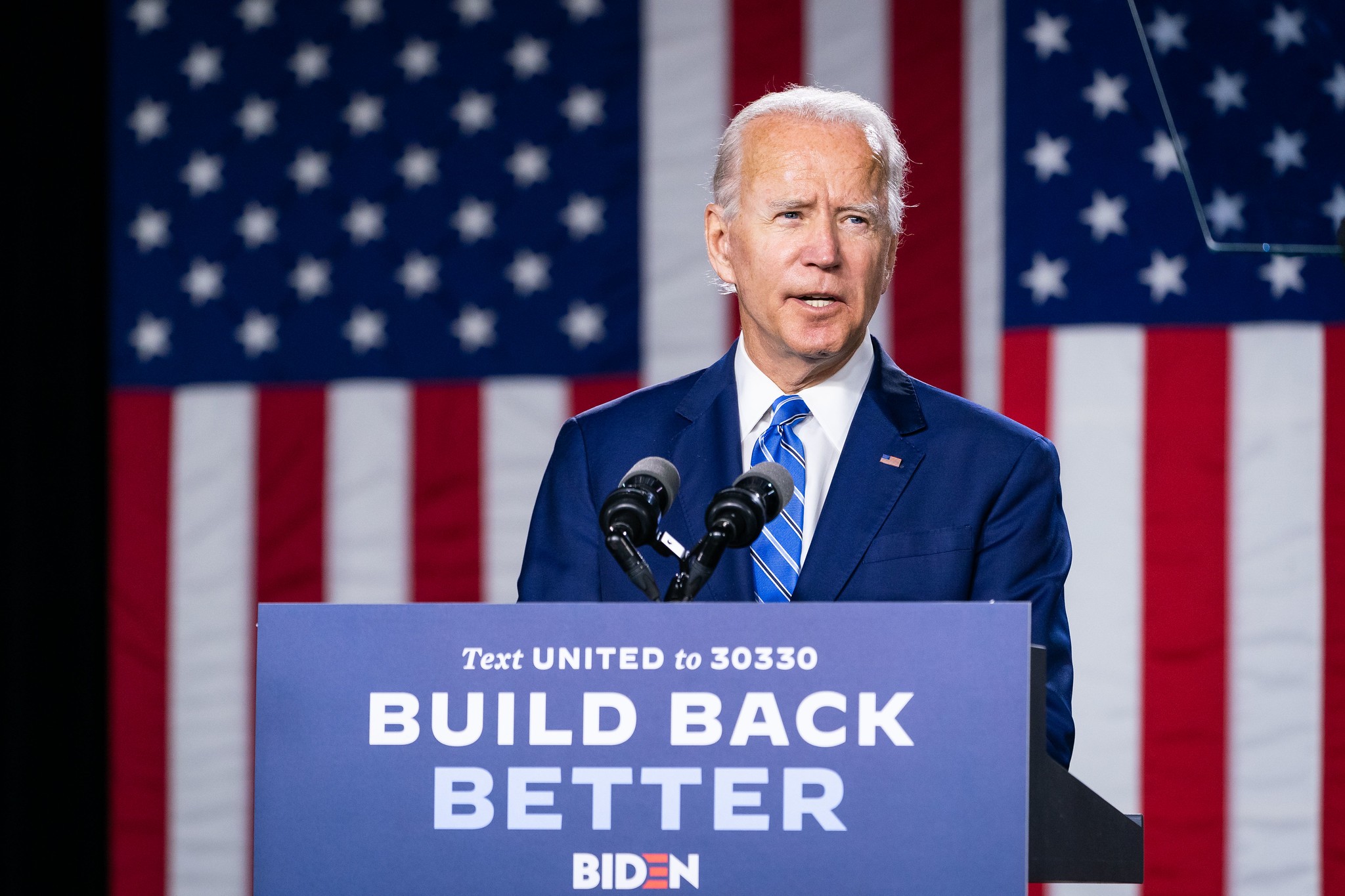
Reflections on the Past Year
The past year has been unprecedented to say the least. From the early days of January with the assassination of Qasem Soleimani to a decisive campaign season filled with disinformation and cyberattacks, 2020 has been a year for the history books. ASP asked its fellows to respond to the last year and look forward on what could be on the horizon.
One should fully expect a roll-back on the executive orders given by the Trump Administration regarding Cuba. Among those are the reversing travel restrictions, softening trade barriers and reinstituting diplomatic relations. This is say that the most important element of bilateral relations under the Biden Administration will be to re-instill a modicum of trust in U.S. intentions and actions, and the extent to which Cuba can rely upon, and have confidence in the US’ ability to deliver on foreign policy promises over the next four years and into the future. If nothing else, the US policy actions of the past four years have provided the grist for Cuban hardliners to continue to advance the discourse that the United States remains the most direct threat to the security, stability, and prosperity, self-inflicted wounds notwithstanding.
Until such time, the efforts to address deepening diplomatic ties, resolving the claims for expropriated U.S. assets, creating positive dialogues on human rights issues, and exploring the potential of mutually-beneficial trade and investment relations, will remain fictive and hollow. Cuba remains but a part of the larger foreign policy portfolio for Latin America and the Caribbean, but if the US can improve the relationship, symbolically it plays an important role in solidifying the strategic advance of foreign policy imperatives for the entire region.
At stake is the economic and political stability of the Cuban regime under the leadership of Miguel Diaz-Canel given the impact of the COVID-19 pandemic and in particular the loss of revenue from tourism, the precarity of its dependence on Venezuela for energy imports, and the continuing clamoring for more material benefits and political voice on the part of Cubans on the island.
–Dr. Jonathan Benjamin-Alvarado, Assistant Vice Chancellor for Student Affairs
This coming year will see the new administration directly challenged in Asia. It is most likely this challenge will emanate from China or North Korea (or both); with the intent of seeing how the new administration will respond to a provocation with the desire to affect a change in the status quo to their advantage. China is the biggest long-term national security question that the United States faces. To meet this challenge, the United States must take a long-term approach that is not just focused on the military aspects of the competition but also looks at the trade, economic, informational, and diplomatic elements. Since we cannot successfully compete with China alone, it will be critical to find common ground with allies and friends. The sooner the new administration gets to work on smoothing over these relationships, the more likely it will be prepared to answer the challenge in a comprehensive manner across all the elements of national power. The incoming administration will also need to coalesce quickly and be prepared for a holistic approach to national security in general and Asia specifically.
– Mark Kustra, Adjunct Fellow
Two phenomena defined 2020: the COVID-19 pandemic and a series of climate catastrophes across both the U.S. and the world. These developments drew renewed attention to the issue of climate change and exposed a lack of U.S. resilience to transnational threats—a critical component of our national security. As we look toward 2021, there is reason for both optimism and pessimism on climate security. On the bright side, President-elect Joe Biden has pledged to achieve domestic carbon neutrality by 2050; renewable alternatives to fossil fuels are growing increasingly cost-effective; and electric vehicles will soon become a realistic choice for the average American consumer. On the other hand, however, the International Energy Agency predicts that growing global energy demand—especially in Asia—will increase demand for coal by 2.6% in 2021. Other causes for concern include the irreversible transformation of the Arctic climate and the fear that states hard-hit by the economic consequences of COVID-19 will prioritize a quick post-COVID recovery over a green one. U.S. leadership is essential to tipping the scales in favor of climate optimism.
–Laura Leddy, Junior Fellow





